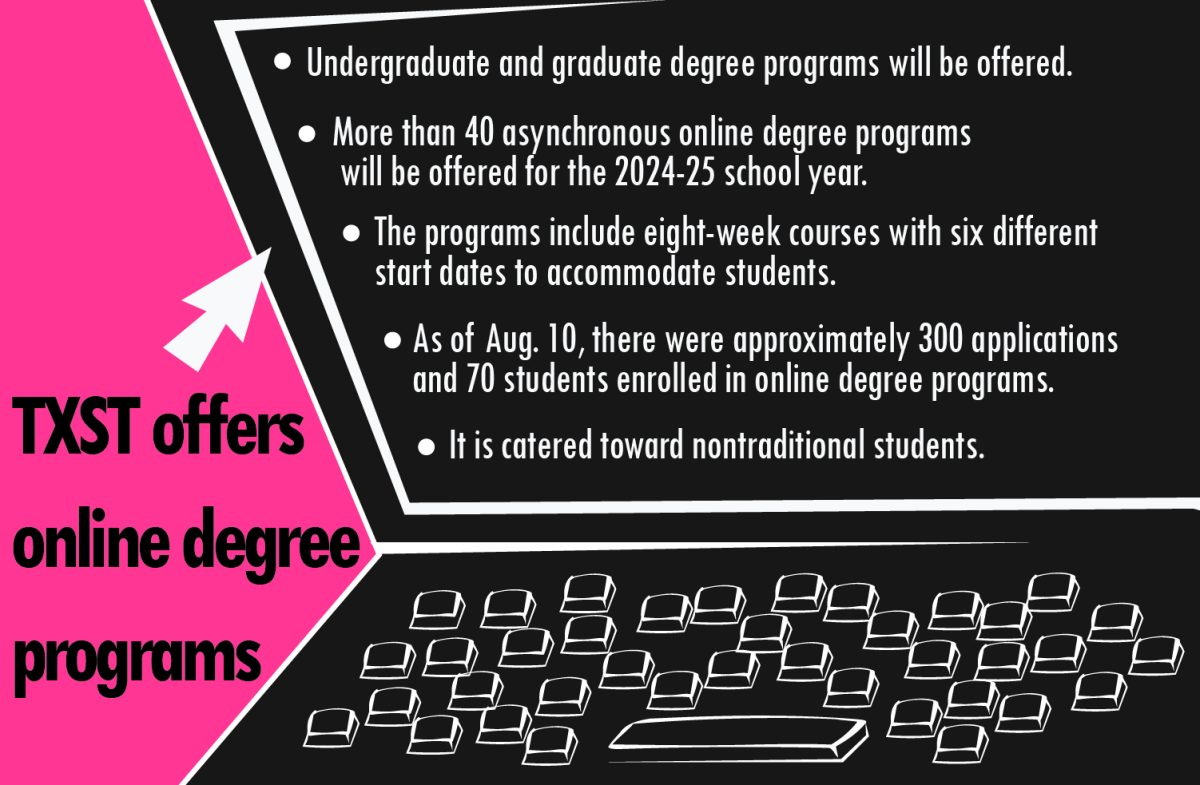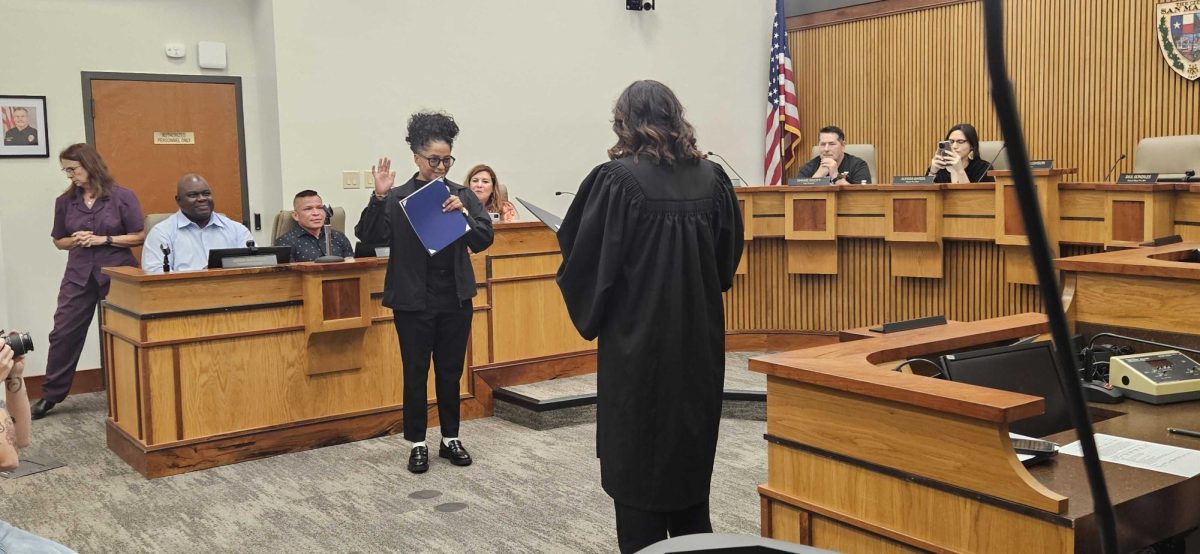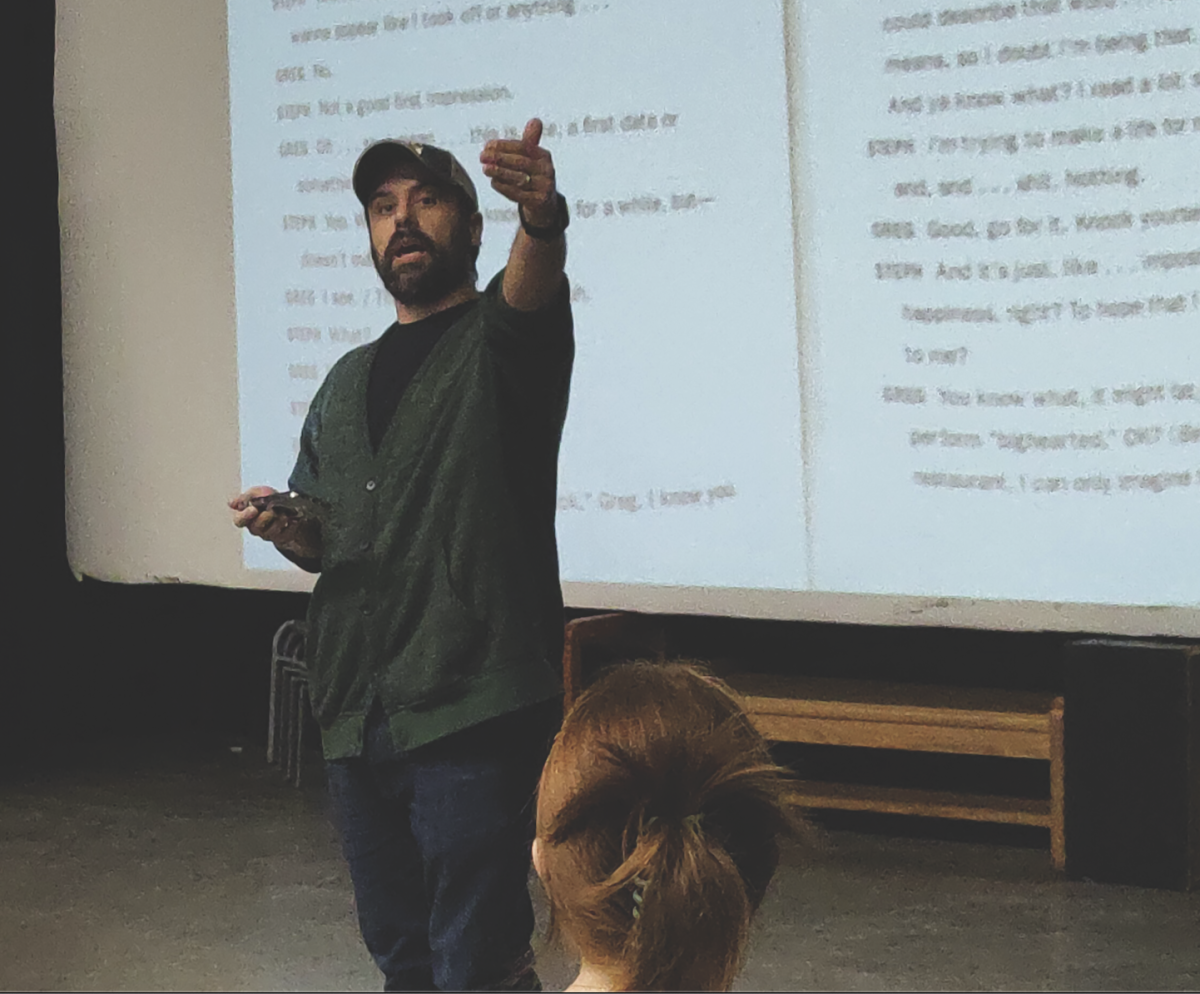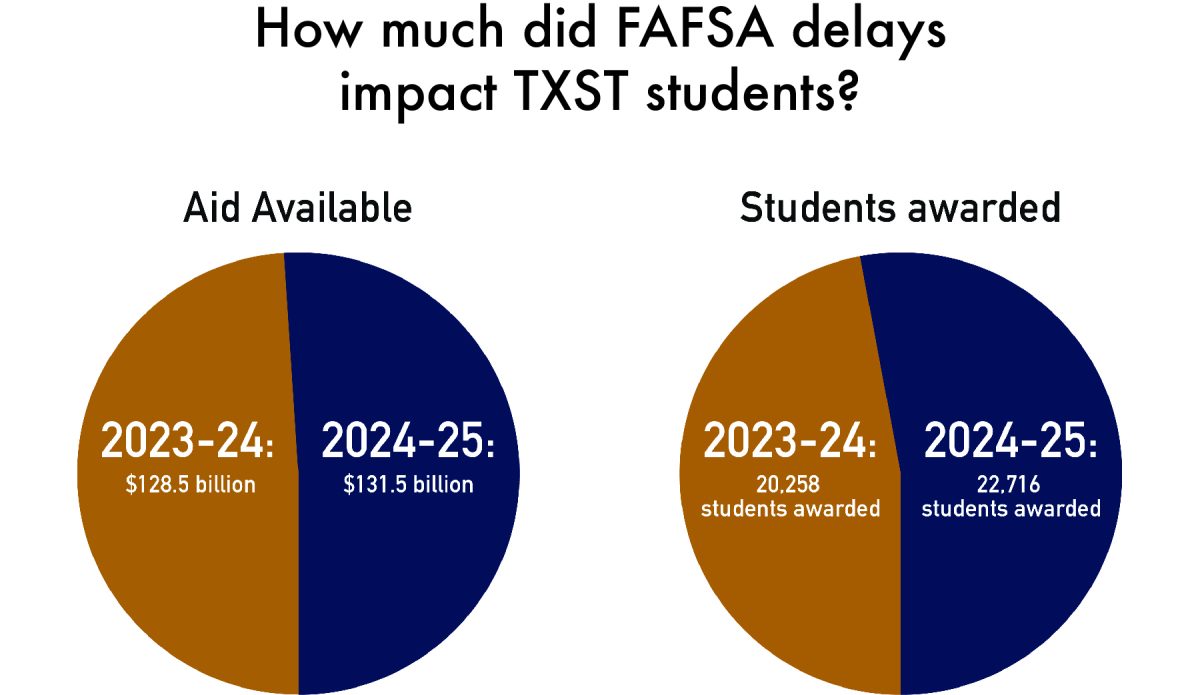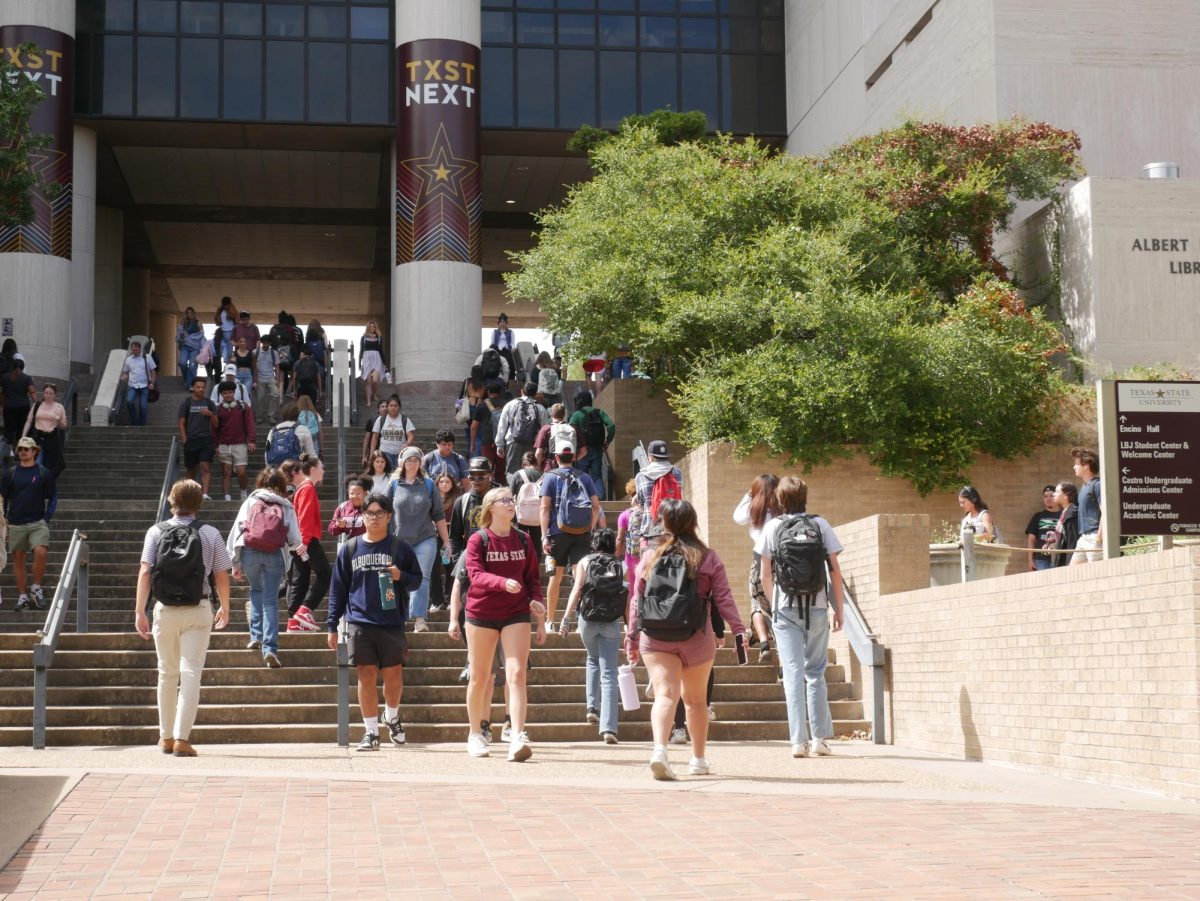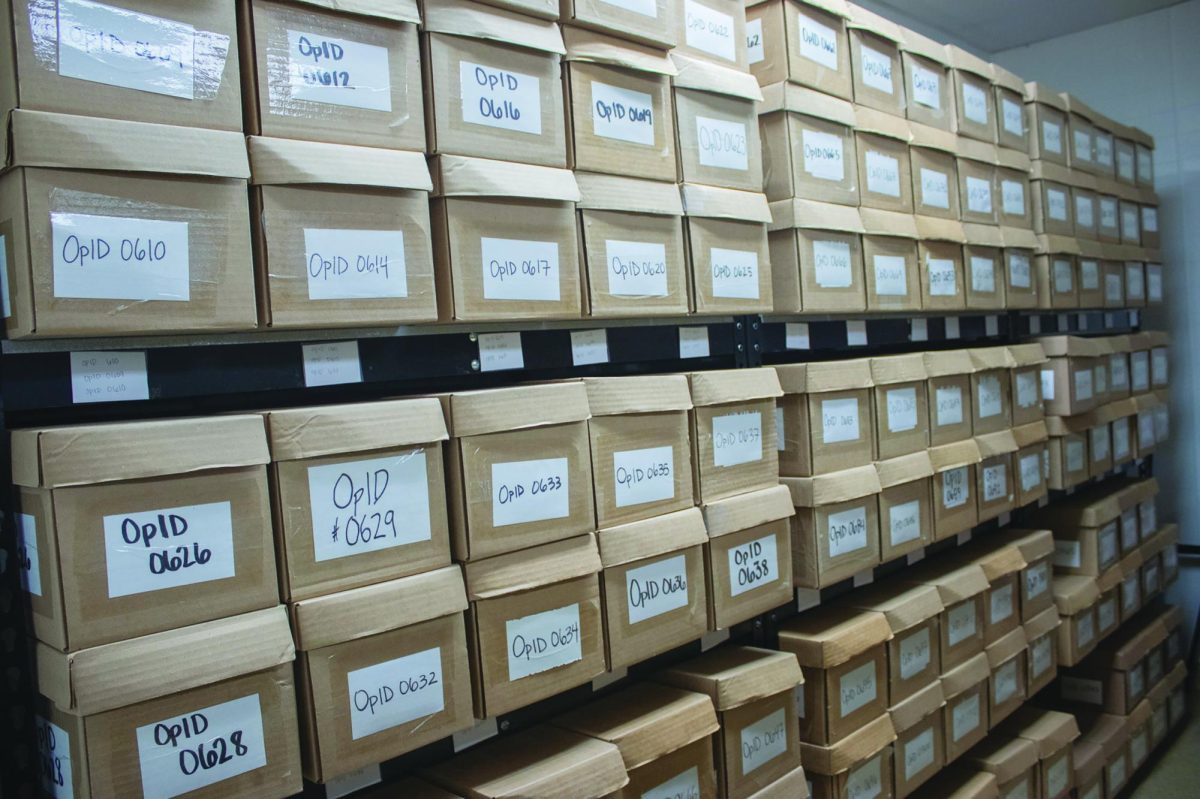Texas State expanded its online degree program to offer 19 programs marketed toward nontraditional and working adult students.
TXST Global created Texas State Online in partnership with Risepoint to market to adult learners according to Texas State’s press release. Ryan Roark, assistant vice president for Online and Extended Programs (OXP) predicts TXST Global will launch over 40 possible asynchronous degree tracks by the end of the 2024-25 school year.
“Despite the challenges, we remain determined,” Roark wrote in a written interview with The Star. “I’m proud of our progress and we’ll keep adapting to better serve our students.”
The degree tracks will consist of eight-week, fully asynchronous courses with up to six possible start dates for students.
TXST Global handles enrollment and recruitment. It partnered with Risepoint to research which online degree tracks are in-demand and to help market and recruit students for these online classes, according to Thillainatarajan Sivakumaran, vice president of TXST Global.
“Having an online program makes it convenient for [nontraditional students], so they don’t have to drive to campus or change their work schedule to get their degree or a graduate degree,” Sivakumaran said.
According to Sivakumaran, Texas State President Kelly Damphousse established a commission focused on international and online students. At the State of Texas State speech in August, Damphousse said the number of international students at Texas State increased from 486 in 2020 to 1,431 in 2024.
The commission recommended expanding both populations, which led to an effort to increase the number of online degree programs, growing from 14 in 2023-24 to 19 this year.
One of the online degree tracks offered is a Master of Science in criminal justice, executive concentration.
Sean Patrick Roche, associate professor and masters program coordinator for the School of Criminal Justice and Criminology, said some of the market research suggested criminal justice is a growing area of interest.
“I am excited about this opportunity for our university and our criminal justice program,” Roche said. “Anything that allows us to meet people where they are, if that means they’re in a smaller town in a more rural area…I think is really great.”
The Master of Science in criminal justice, executive concentration initially launched in person in 2017. According to Roche, the structure of the criminal justice courses were already geared to working professionals, making it more amenable to transition into an online-only program.
“The focus of it remains the same, which is to meet the needs of working professionals in criminal justice organizations and agencies who want to further their education but might not have the time, or might not be geographically close to San Marcos,” Roche said.
The National Association of Colleges and Employers reported 87.4% of employers surveyed hired college graduates with an online degree and there was no difference in the starting salaries between employees with online or in-person degrees.
“While the on-campus experience is valuable, many students require online options,” Roark wrote. “Future Bobcats across the U.S. who work full-time, have families or can’t relocate would greatly benefit from a Texas State degree, but we’re currently not reaching them as effectively.”


